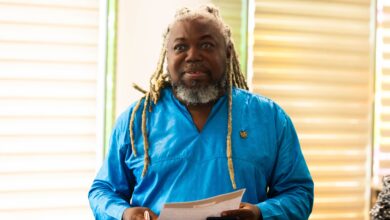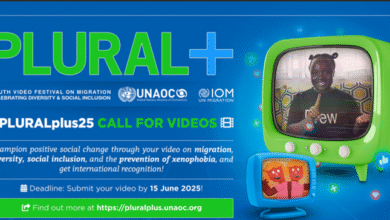Our Stories, Our Voices: Ama Ata Aidoo Awards Call for African Literature in African Languages
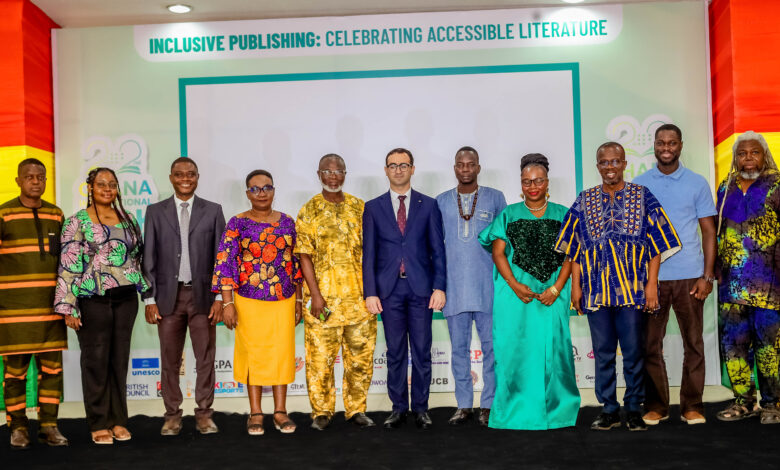
The National Theatre Exhibition Hall in Accra came alive with words, rhythm, and reflection as the Ama Ata Aidoo Creative Writing Competition and Award Ceremony celebrated African literature and creative talent. Organized by the African University of Communication and Business (AUCB), Gemspread Publishing, and the Pan African Writers Association (PAWA), the prestigious event honoured winners of the competition while drawing together writers, publishers, cultural leaders, and enthusiasts from across the continent.
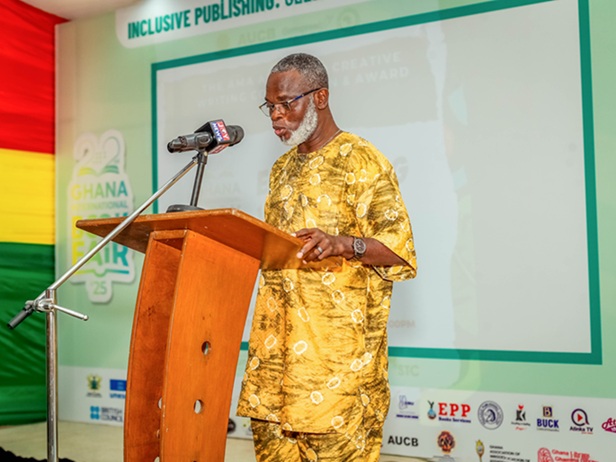
In his opening remarks, the Vice Chancellor of AUCB, Professor Isaac Abeiku Blankson, emphasized that writing is central to cultural survival. He lamented that Africa’s rich oral traditions are at risk of being lost or misappropriated by others who commit them to writing and claim ownership. “If you do not write, you lose your history,” he said. He recalled with dismay how African folktales told for centuries were published abroad and copyrighted, forcing Africans to seek permission to narrate their own stories.
Prof Blankson saluted the courage and creativity of writers who continue to preserve African narratives, calling on schools to bring younger generations into the culture of writing. He urged a revival of African literature texts in schools, recalling how the African Writers Series shaped his own reading as a child. “Your voices are very important. If you do not write your story, somebody else will write it, and it will not be your story,” he cautioned.
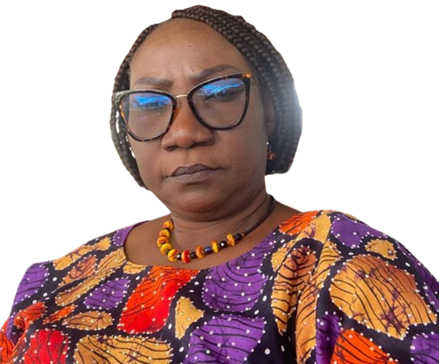
The Acting Pro Vice Chancellor of AUCB, Dr Kemi Wale-Olaitan, in an interview with The High Street Journal, highlighted the opportunities available to young writers across Africa to hone their skills. She explained that writing talent must be matched with technique, stressing the importance of writer workshops, mentorships, and exposure to publishing platforms. According to her, collaborations such as the one between AUCB, Gemspread, and PAWA aim to provide African youth with the tools to write compelling stories and amplify their voices across the continent.
Dr Wale-Olaitan acknowledged the challenge of limited support for literature in Ghana and Africa more broadly, noting that funding and recognition often tilt towards science and technology. Yet she insisted literature must not be treated as the neglected sibling of the academic world. “Literature allows you to think, to create, to dream. A writer tells stories that involve doctors, lawyers, politicians, and researchers. That means the writer understands the world in its fullness. Creativity helps us to dream big and do big things,” she explained.
She underscored that the push must begin at home, with parents encouraging children to read widely. Reading, she said, broadens horizons, nurtures imagination, and allows young people to discover their hidden talents. “Let us not guard children into boxes. Some may be natural storytellers or narrators. If we give them the opportunity, they could become the next Nobel laureates in literature,” she added.
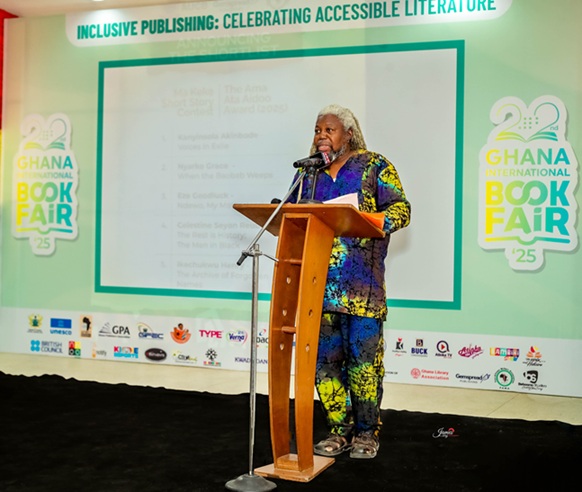
AUCB lecturer and writer, Nana Sandy Achampong, noted the urgent need to reclaim African languages in literature. “I am ashamed that we are actually having this conversation in English. Ideally, this should have been in our own languages, especially since this year’s publishing fair was themed inclusive publishing,” he said. He argued that Africans must begin writing in their own languages, reflecting realities children and young readers can relate to. “People do not read because we are not writing what they want to read. If we start writing about their realities, in their own languages and terminology, I promise they will read.”
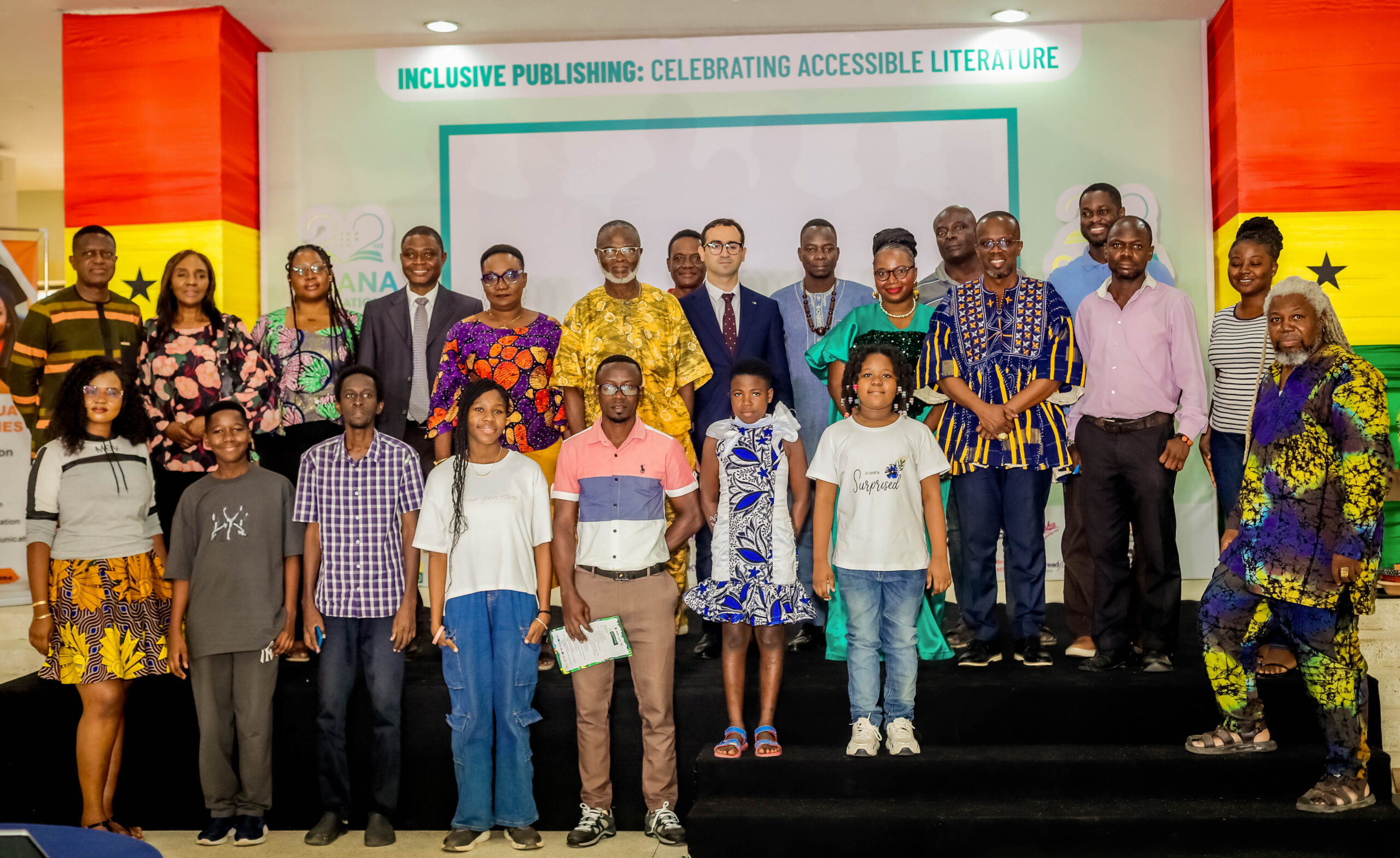
The ceremony was more than a prize-giving occasion. It was a call to action to revive reading, elevate literature in schools, and inspire a new generation of African writers to own and protect their narratives. From the speeches, one message rang clear: literature is not only about stories. It is about identity, history, and the power to define Africa’s future.

